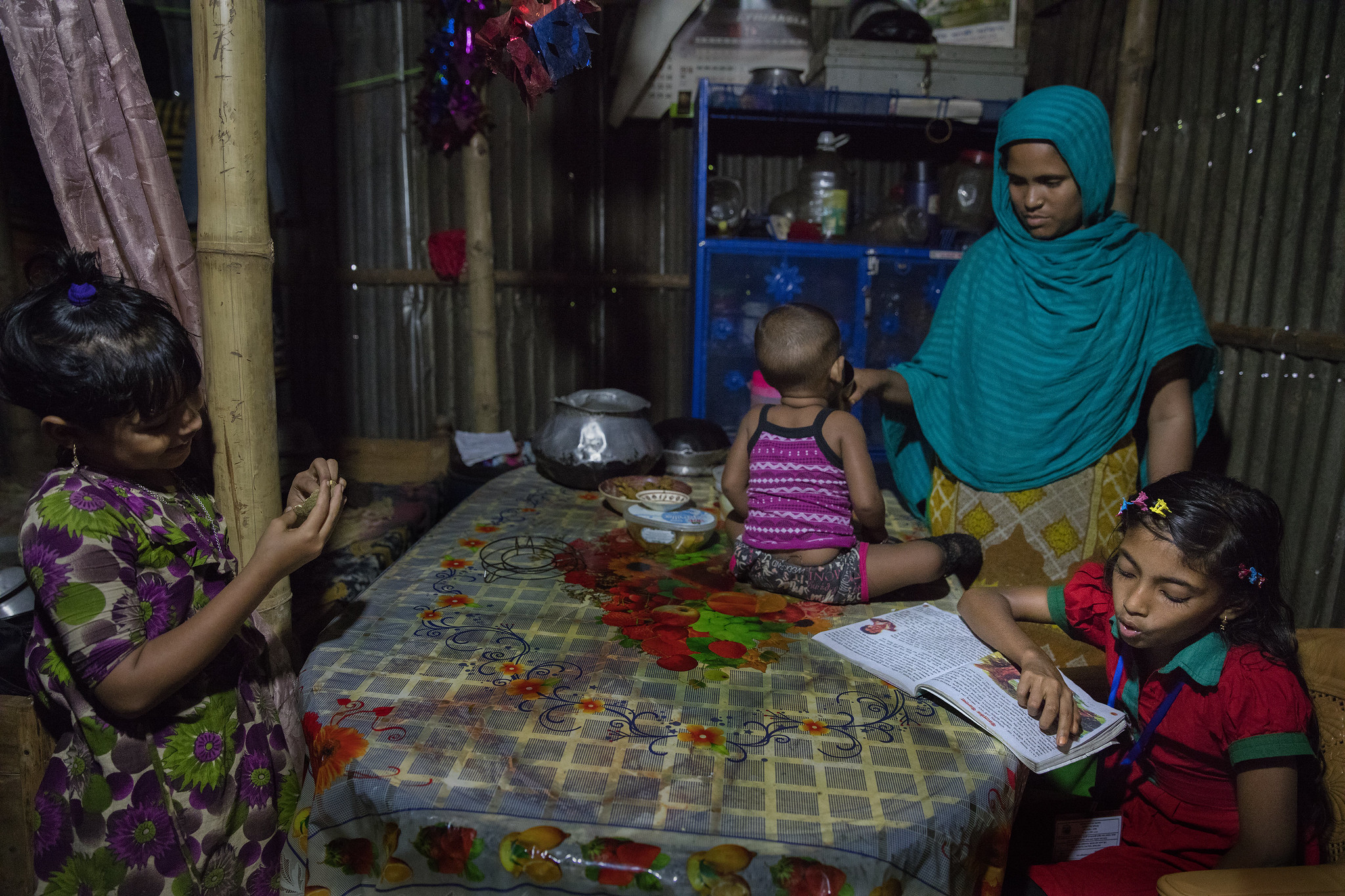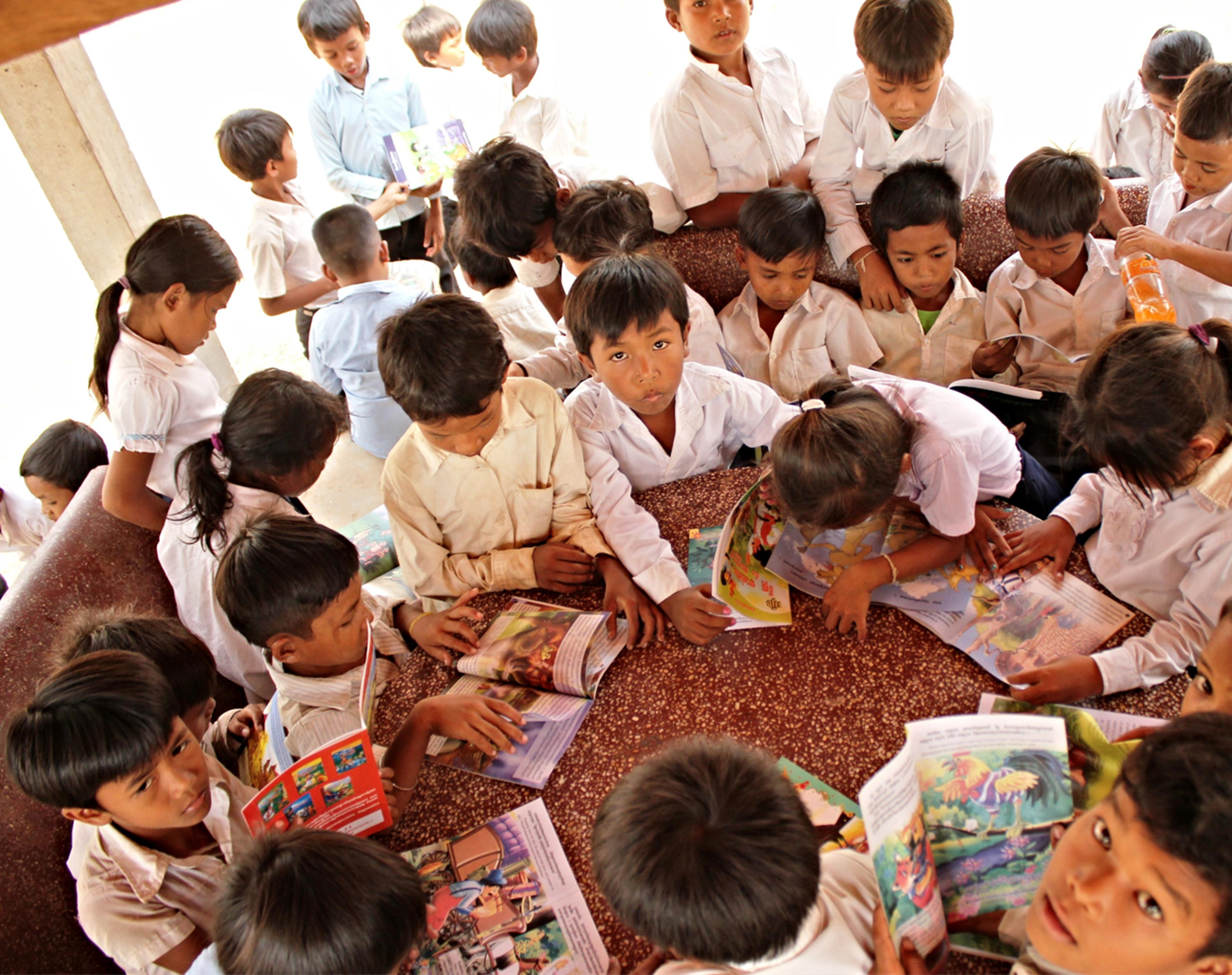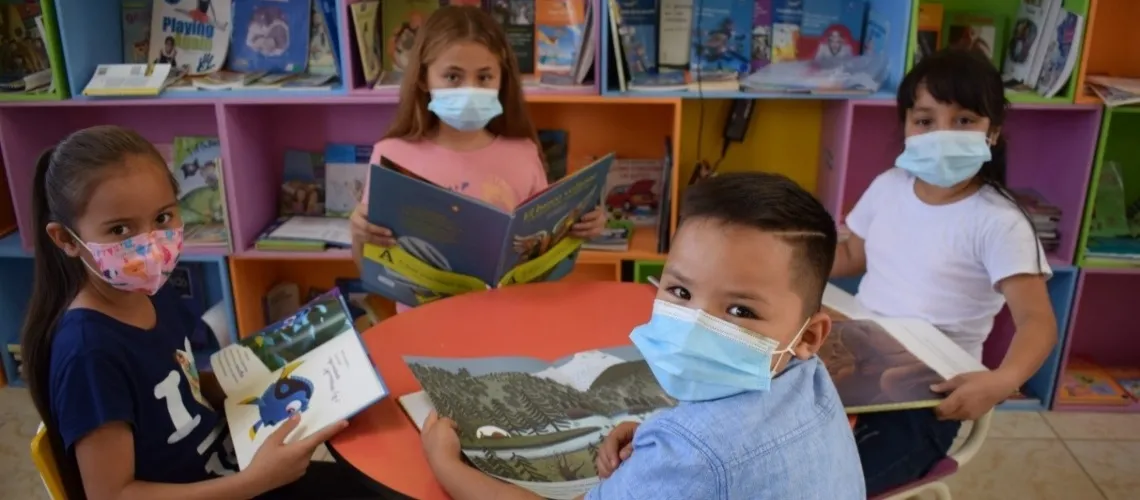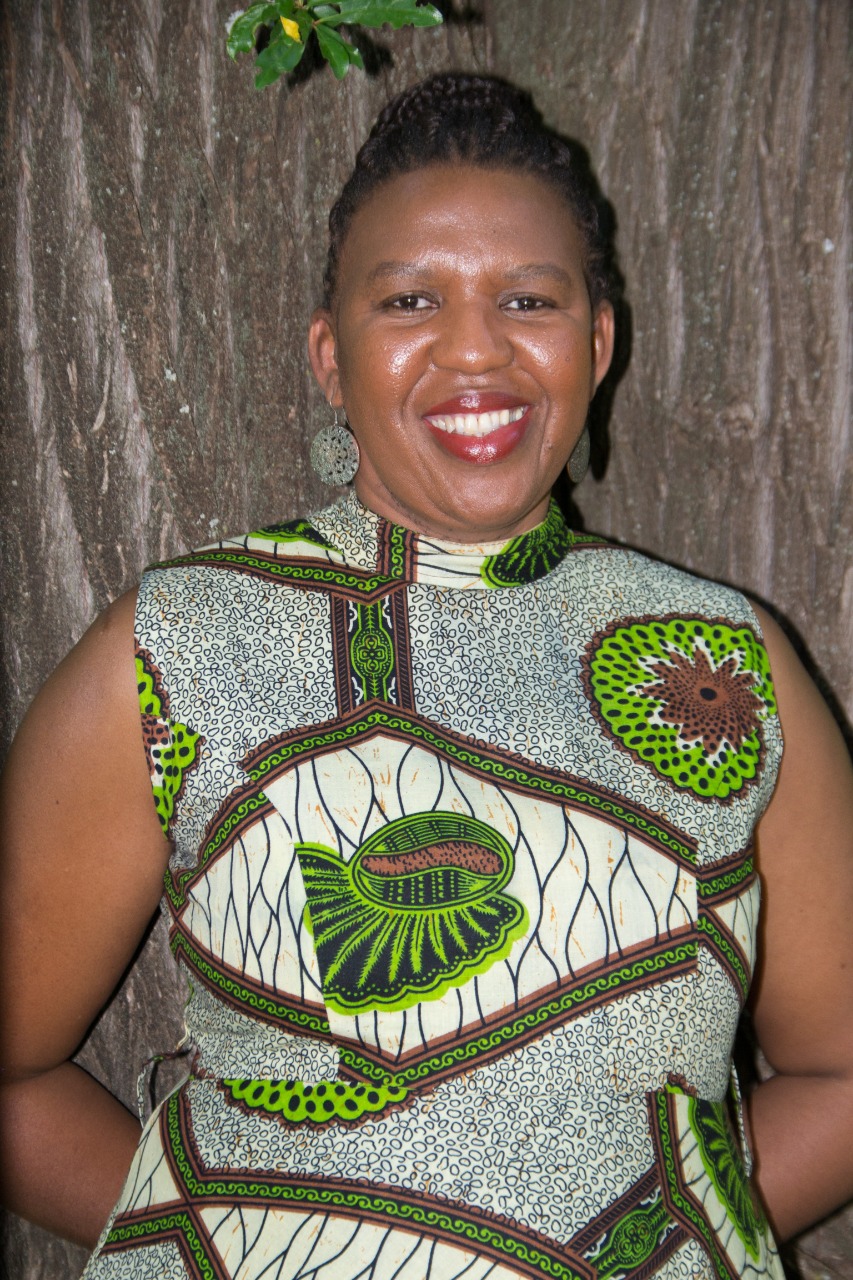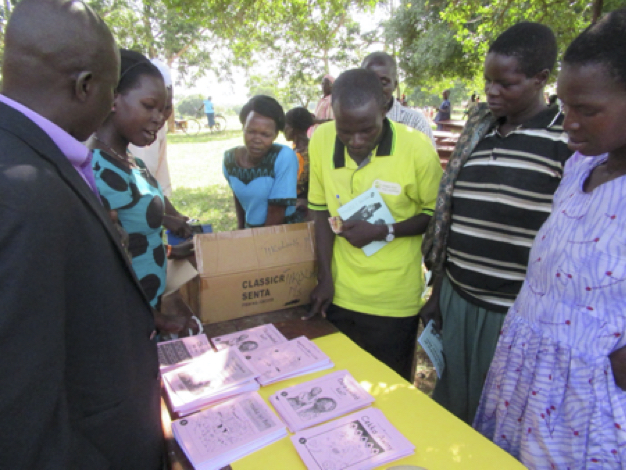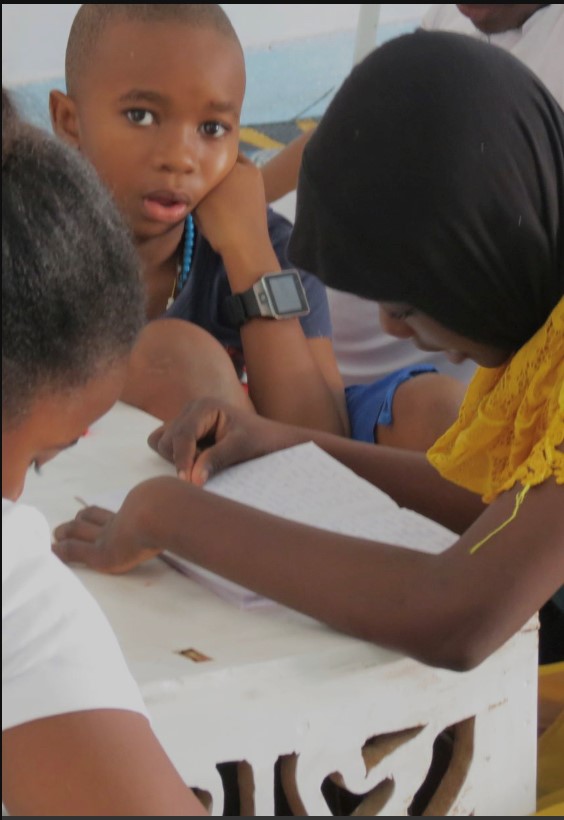Blog posts
Featured
In conversation with Lorato Trok: Responsible publishing and making open licensing sustainable
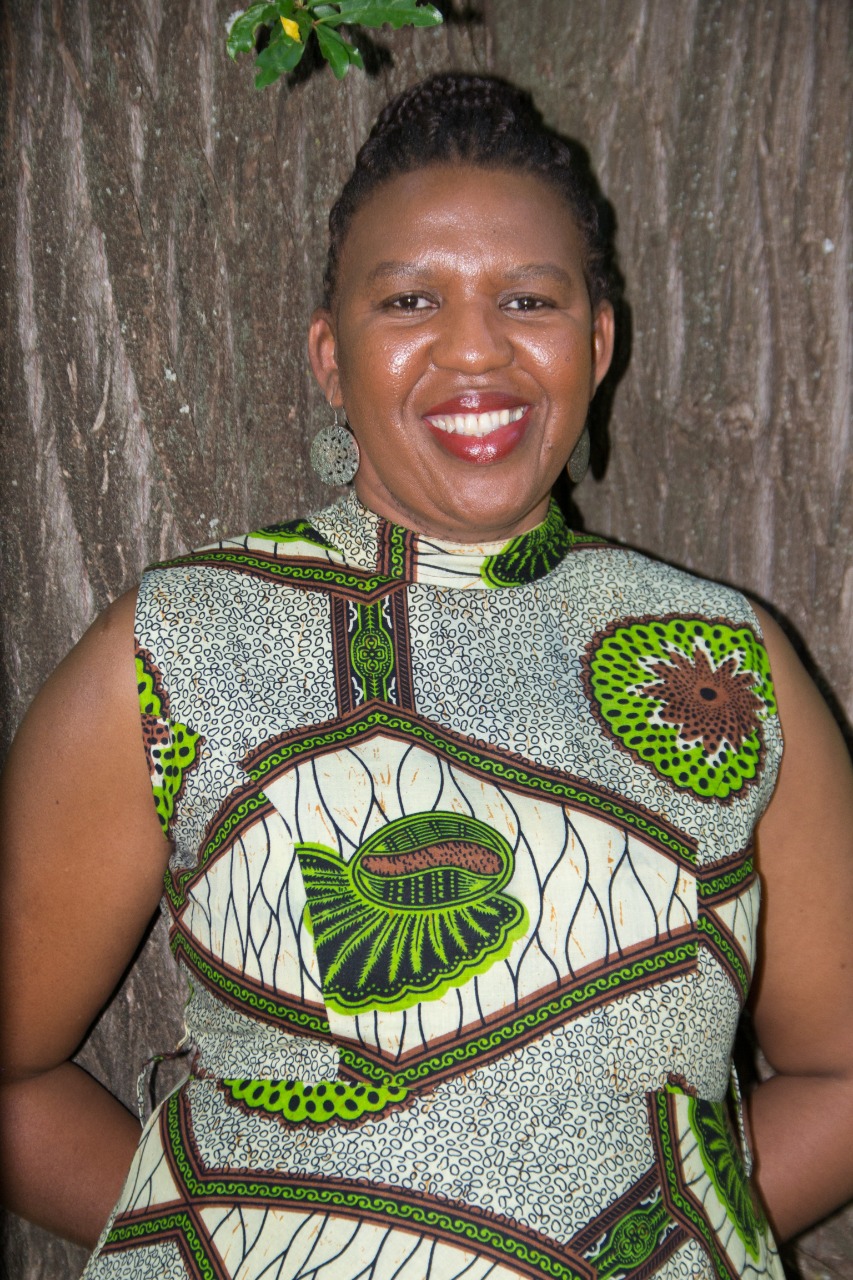
For this blog series, the Early Learning Resource Network is reaching out to authors, editors, illustrators, translators, educators, publishers and other stakeholders who, through their creative endeavours, are working to grow and improve the early learning environment, specifically on the African continent.
Pratham Books, Room to Read and Book Dash are among the international winners of the USA’s Library of Congress’ Literacy Awards Program
These non-governmental organizations (NGOs), which have innovatively adopted open licensing publishing and distribution models and that specialize in solving early literacy challenges in developing nations, were selected along with a list of other initiatives, ‘for their exemplary work in ensuring that children continue to build critical literacy skills.’
Mango Tree Literacy Lab’s innovative use of open licensing is solving textbook problems in primary schools
Craig Esbeck, Director, Mango Tree Literacy Lab
Early literacy and Leblango: A fascinating learning journey for Uganda’s Mango Tree Literacy Lab
Little scribes with big stories: Tanzania’s Soma Book Cafe introduces its youngest authors
A Book Dash with a difference: How three open-source books were created in one day during the National lockdown
As part of their efforts to ensure that every child should own 100 books before the age of five, South African non-profit organization (NPO), Book Dash, recently did a remarkable thing: It created, published and distributed three new books during the national lockdown.
The organization gathered two teams of creative professionals who volunteered to pilot this new virtual Book Dash. Then, making the most of their learning from the past 14 physical events, Book Dash successfully replicated the experience online, with some adjustments.
Dr Nkem Osuigwe speaks to the COVID-19 pandemic, AfLIA and African librarians
Guest blog by Dr Nkem Osuigwe, Human Capacity Development & Training Director, AfLIA
How to help children learn and enjoy reading, even when schools are closed
Schools may be closed, but children can continue to learn and enjoy reading storybooks during this difficult period. We’ve told you about wonderful places to identify good storybooks in previous blog posts.
In this post, we’re going to tell you about resources for parents and caregivers who want to help their children with learning and reading.
How do we adapt the way we teach and learn in a lockdown world?
How do teachers and parents cope with the challenges of educating their children in uncertain times, while acknowledging resource limitations and avoiding cut-and-paste solutions, and copyright infringements.
Sitting out the coronavirus at home with our children and reading a good story
Now that so many of us are locked down and locked in because of COVID-19, it is the time to explore the virtual world of children’s stories – all free to read and all openly licensed. A few great platforms are listed below:





